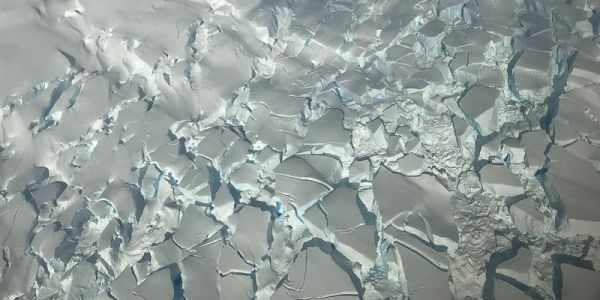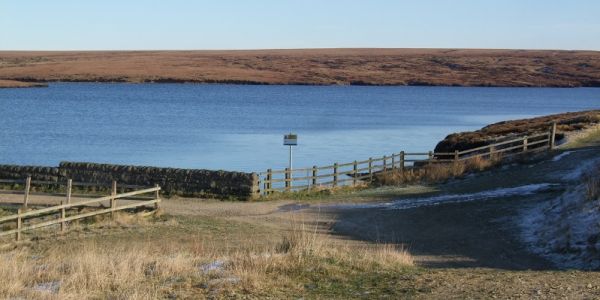
Satellites track vanishing Antarctic ice
Monitoring Antarctica from space has revealed how its ice is being lost to the oceans, providing crucial insight into the continent’s response to a warming climate.

Monitoring Antarctica from space has revealed how its ice is being lost to the oceans, providing crucial insight into the continent’s response to a warming climate.

Ice losses from Antarctica have increased global sea levels by 7.6 mm since 1992, with two fifths of this rise (3 mm) coming in the last five years alone.

Water samples from UK rivers contained significantly higher concentrations of microplastics downstream from wastewater treatment plants, researchers have found.

Long-lived seabird species, such as gannets, take several years to learn where the best feeding grounds are and how to recognize them, new research has revealed.

Natural dyes extracted from blackcurrant waste created during Ribena manufacture have for the first time been used in an effective new hair dyeing technology, developed at the University of Leeds.

Climate change could expand the agricultural feasibility of the global boreal region by 44 per cent by the end of the century, according to new research.

A University of Leeds spin-out company is partnering in Europe’s first bioenergy carbon capture storage project.

Peatlands are vital to UK water security and must be protected to preserve the UK’s water supply, warn scientists.

Antarctica’s great ice sheet is losing ground as it is eroded by warm ocean water circulating beneath its floating edge, a new study has found.

New research suggests that up to 38% of all annual childhood asthma cases in Bradford may be caused by air pollution.